The tech world is doing some radical change almost daily, and to stay in the lead has now become a necessity. Software engineering will, in 2025, require technical knowledge, soft skills, and most importantly, a continuous-learning attitude. Well, if you are an expert developer or someone who has just stepped into the world of software engineering, in either case, here are 15 skills that are in urgent demand for your future growth in this profession. Let's take a look! 💻
1. Knowledge of Multiple Programming Languages 🌐
Specializing in one is good but be ready for everything. Each project and each industry requires different tool sets, and the more languages you are fluent in, the more flexible and valuable an engineer you are. For example, Python is the required language in AI and data sciences, JavaScript is a must in web development, Rust or Go are quickly becoming primary languages in systems programming, etc. The more programming languages you know, the more opportunities you open yourself up to in other languages, backend development versus maybe machine learning engineering. Further, you may find yourself participating in diverse aspects of a particular endeavor. Engineers considered very valuable to employers are the ones that can move effortlessly from one context to another, which puts such skills on a fast-track for today's demand.
2. Cloud Computing ☁️
Cloud is the infrastructure for every modern app today, with AWS, Azure, and Google Cloud being prominent examples. Developers need to know cloud services, serverless architecture, and containerization (Docker, Kubernetes) to build scalable application systems. Cloud skills are important in DevOps, backend development, and infrastructure management. Even more, since the recent rise of cloud-based solutions, demand for Cloud Computing skills has spiked. In other words, as you deploy microservices with the cloud or manage cloud storage, your expertise in that will secure career opportunities in the foreseeable future.
3. AI and Machine Learning Basics 🤖
AI isn't exclusive to data scientists anymore and is becoming an integral part of software development. So, meshing lessons on AI with recommendation systems, bots, automation, or even going through basic frameworks like TensorFlow or PyTorch, will give you an intricate edge on the web, mobile app, or IoT development front. This is a fast-growing field, with AI quickly becoming a must-have-feature in many applications. Engineers who can function with AI in solving real-world problems are set to be in high demand.
4. DevOps and CI/CD Pipelines⚙️
Automation is the future. In installing automation in software production, DevOps practices are pivotal. Mastery of the CI/CD pipeline (Continuous Integration/Continuous Deployment) with Jenkins, GitHub Actions, and GitLab CI/CD would result in quick and dependable releases. These skills are demanded in DevOps, SRE, and back-end programming roles. The automation tides ensue huge investment, with leisure to look into making work faster, smoother and with low error rate. An engineer able to expedite the development lifecycle will be greatly sought after.
5. Cybersecurity Awareness 🔒
With the increase in cyber threats, secure coding practices, encryption, and vulnerability testing are no longer optional. This is a compulsion now. One such incident of breach can turn millions of dollars of losses into companies. Cybersecurity skills are of immense importance in every field, right from web development to cloud engineering. An engineer who knows how to build secured systems protects user data. No matter if OWASP best practices are considered or penetration testing is performed, cybersecurity knowledge will make you as important as any team.
6. Knowledge about Blockchain and Web3 ⛓️
Blockchain is not confined to just cryptocurrencies, it is increasingly transforming products and services in industries from finance to supply chain to healthcare. Smart contracts and decentralized applications (dApps) tissues cause it. Knowledge and experience with platforms such as Ethereum and Solana make it possible for participants to gain access to Web3 and fintech cutting-edge projects. As a field, Web3 remains rather niche but is growing by leaps and bounds; hence, so does the demand for these skills. Such acumen will segregate fresh graduates from their contemporaries, leaving them in the forefront of innovation.
7. Data Engineering Skills 📊
Indeed, data is becoming the new oil, data is crucial for building data-driven applications and how best to handle it. Apache Spark, Hadoop, and databases such as PostgreSQL and MongoDB serve as some of the fundamental tools with which one processes and analyzes large datasets. Data engineering skills are fundamental to roles in AI, machine learning, and backend development. Today, companies collect more data than ever before, so the engineers who can create data pipelines will be in demand.
8. Mobile Development: The "Natives" 📱
Tune into the latest trend in app development- mobile. Boom or bust, chances are mobilizing all your functions comes at the very least with mobile development skills. The demand is even heightened for mobile app development and cross-platform solutions. Building business-specific applications is becoming part and parcel of most companies. Hence, engineers who can put together mobile applications that are fast, responsive, user-friendly stand a very high chance with employers.
9. UI/UX Design Principles: Great Software Should Be User-Friendly 🎨
Software should not only function but also prove to be user-friendly. Learning the UI/UX design principles as well as tools such as Figma or Sketch would help you design products that users really enjoy. Aside from being a source of inspiration for design, learning the basic concepts of UI/UX makes one a better collaborator and problem solver by itself. User experience is one of the most differentiating factors in many competitive marketplaces, and that's why engineering professionals who understand this gap very well between the design space and development are highly sought after by companies.
10. Soft Skills: Communication and Teamwork 🗣️
It is not about technical skills. Modern workplaces demand clear communication, team working, and effective project control in order to become successful. Strong soft skills typically lead toward obtaining leadership positions and enabling better team playing. Most of the companies seeking engineers focus on their cross-department collaboration qualities, how they elucidate complex phenomena to non-technical stakeholders, and build a good culture within teams.
11. Problem Analysis and Reasoning 🧩
Software engineering is problem-solving at the core. These are the skills that create a 'must-have' for anyone engaged-from actual coding to the finest of architectural design. These are the qualities that engineers are expected to always look for. They give a creative angle to challenge questions. These skills stand the test of time and are required for solving rather than for application. For instance, from debugging a tricky issue to the system being made scalable, these skills never die.
12. Adaptability and Continuous Learning 📚
The tech-scene changes drastically, and staying amazed is essential for one's candidacy for success over an extended period of time. One must embrace entire new tools, frameworks, and methodologies so as to stay in trend with volatile industrial developments. This adaptability, in essence, becomes a prerequisite for those learners in software engineering eager to continuously enhance their careers and face new and exciting challenges. It has almost become mandatory for any programmer to exploit newer technology. Although it was about high time when software engineers today engage in the task of learning about additional programming languages, or at the very least, studying future technologies like quantum technologies.
13. API Design and Integration 🔗
APIs are the connective tissues of any modern program. Knowing how to create RESTful APIs, direct GraphQL, and apply third-party APIs are fundamental for a backend developer, for someone working on microservices, or a full-stack developer. API integrators support the seamless operation between software systems and, in so doing, are highly sought after.
14. Testing and Debugging Expertise 🐞
Yes, clean code is essential. Writing flawless code, however, is equally important. Test frameworks, be they Jest or Cypress, or even the debugging tools that ensure they run smoothly, make sure that an application is wonderfully constructed. But it is highly useful to the QA, DevOps, or backend roles. Whoever places a premium on software that is bug-free and reliable also rottenly employs these skills.
15. Sustainability in Tech 🌍
Engineers focusing on sustainability should learn to shape hard code to be energy-efficient and to adopt eco-friendly approaches. A specialization in green coding and sustainable technologies is much needed, particularly within green tech and IoT. With companies increasingly endorsing 'go green' initiatives, engineers who help to an environmentally viable future will be in top-gear.
Wrapping it All It Up 🎉🎯
The software engineering enterprise of our future rests on the principles of versatility, innovation and impact. And through these skills, you would therefore not only protect your career in the future but also ensure that you contribute towards constructing a better world. 🌟
| Thanks for reading! 🙏🏻 I hope you found this useful ✅ Please react and follow for more 😍 Made with 💙 by Hadil Ben Abdallah |
 |
|---|

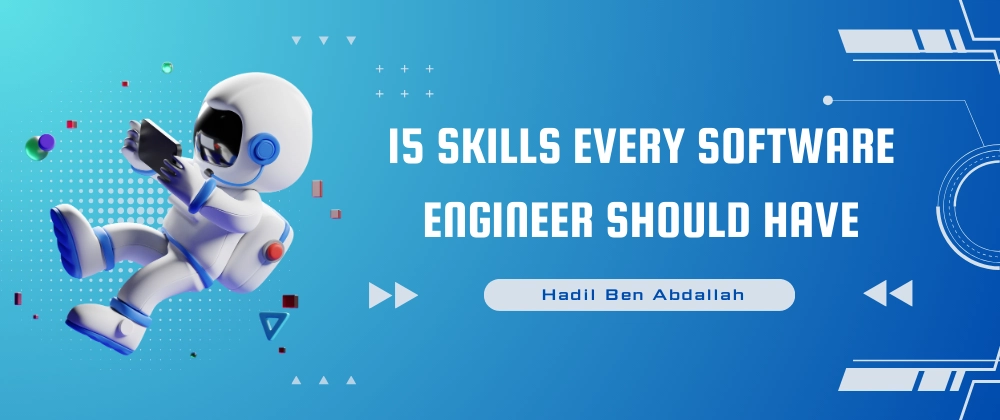
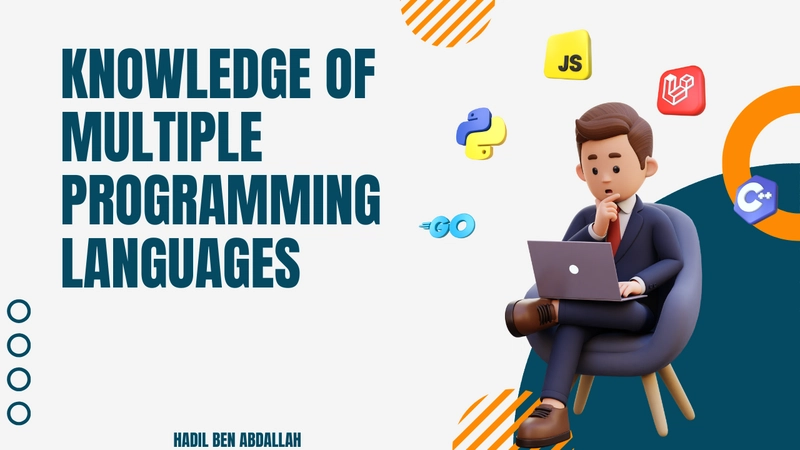
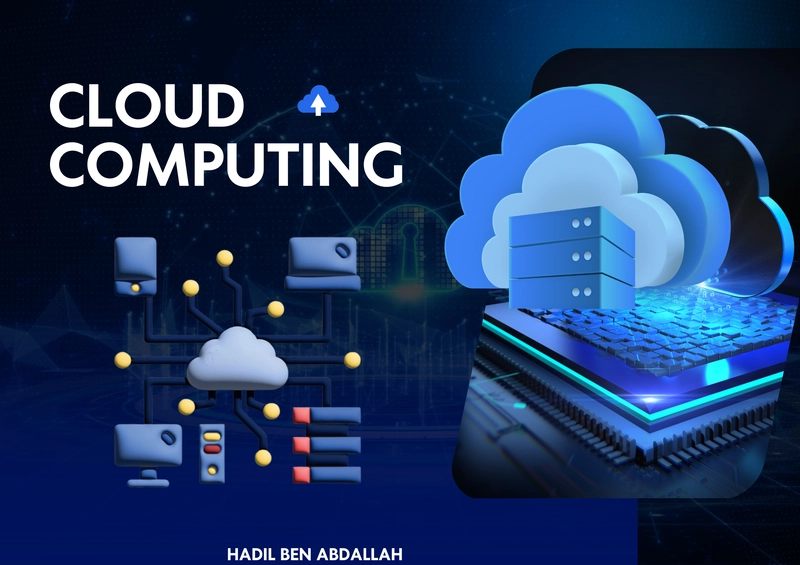
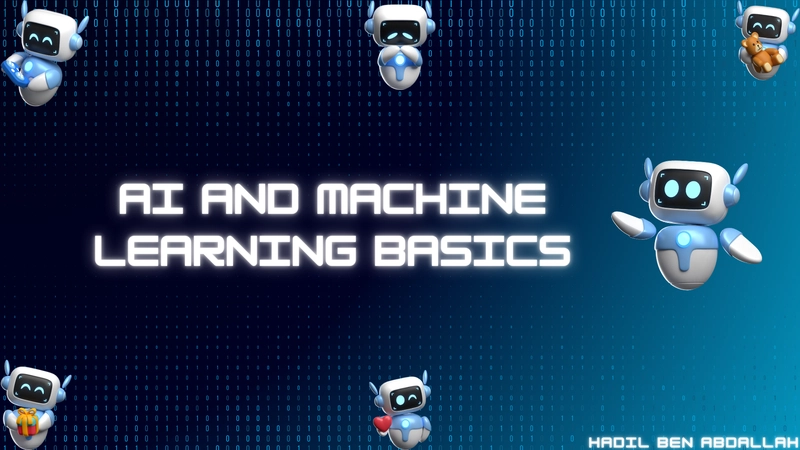
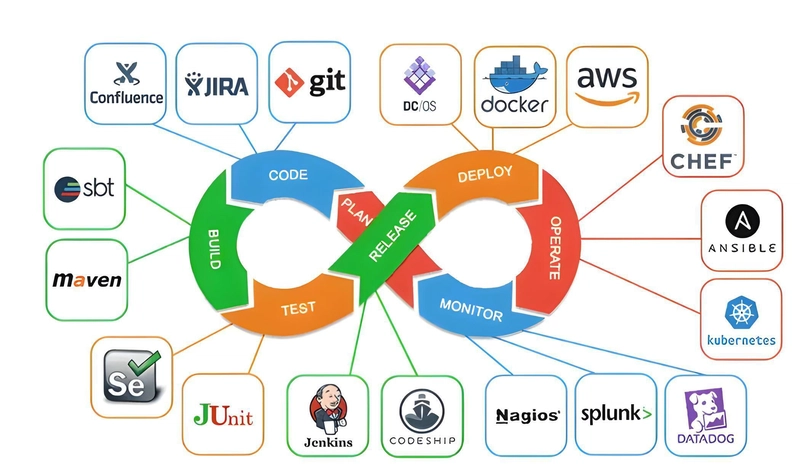
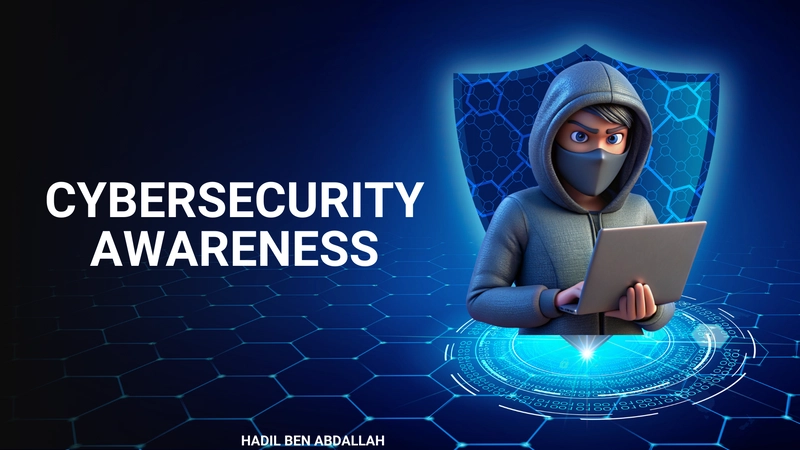
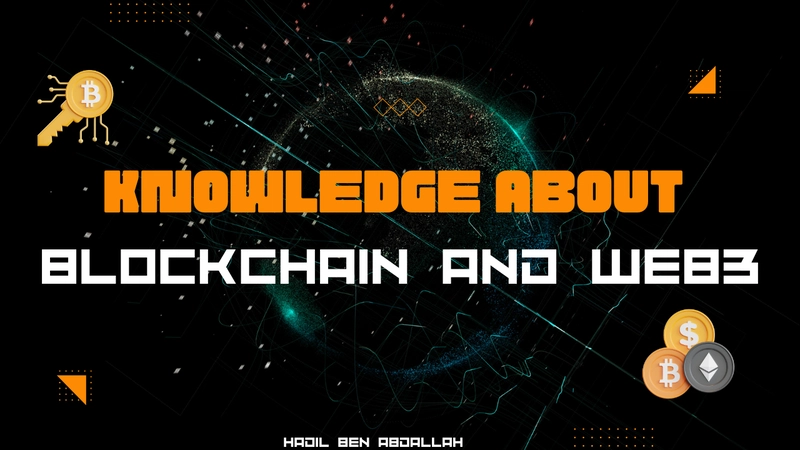
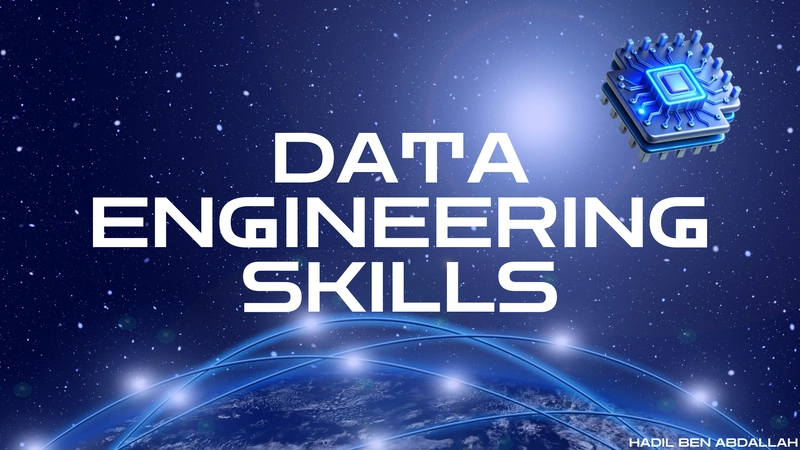
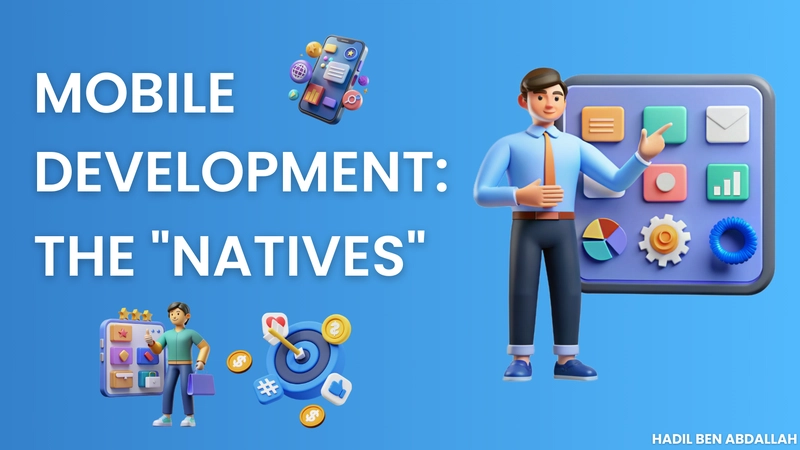

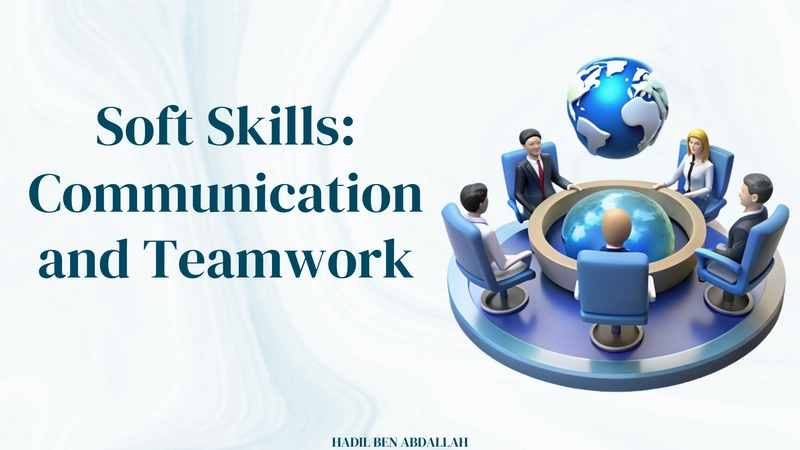
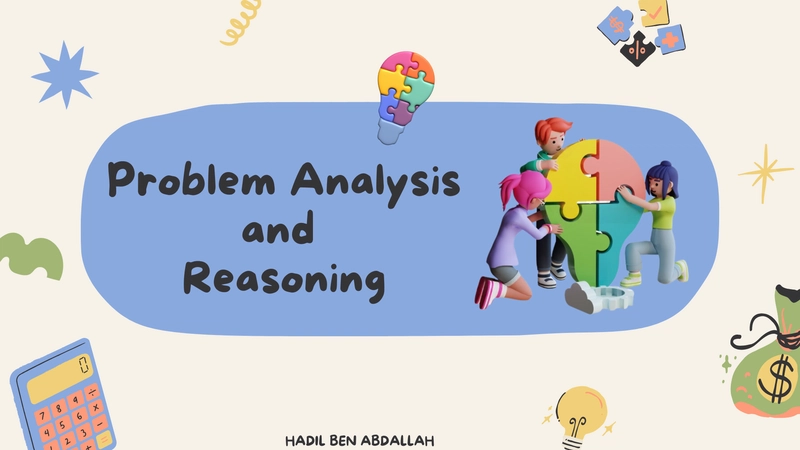
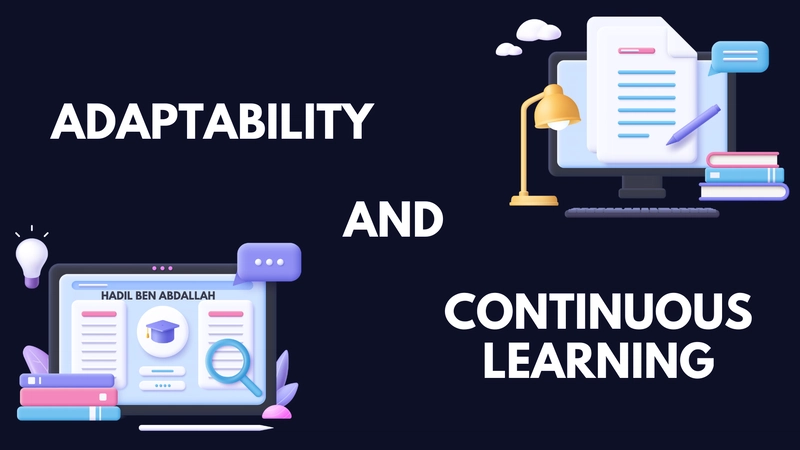
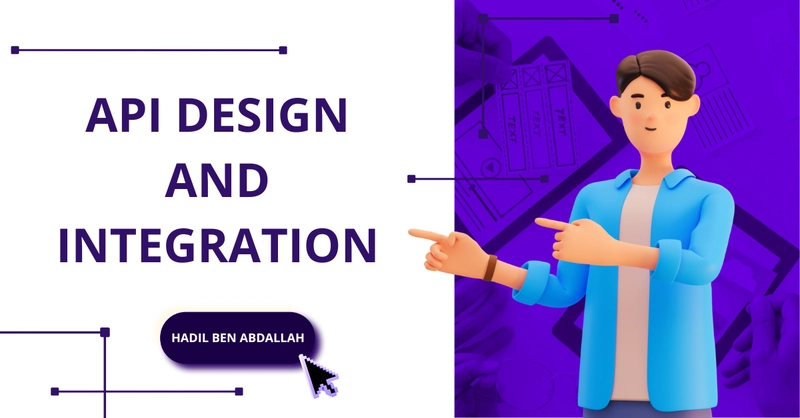
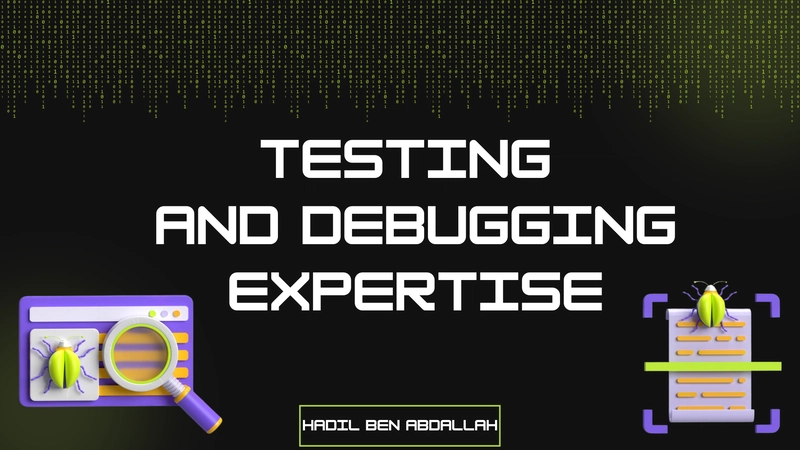
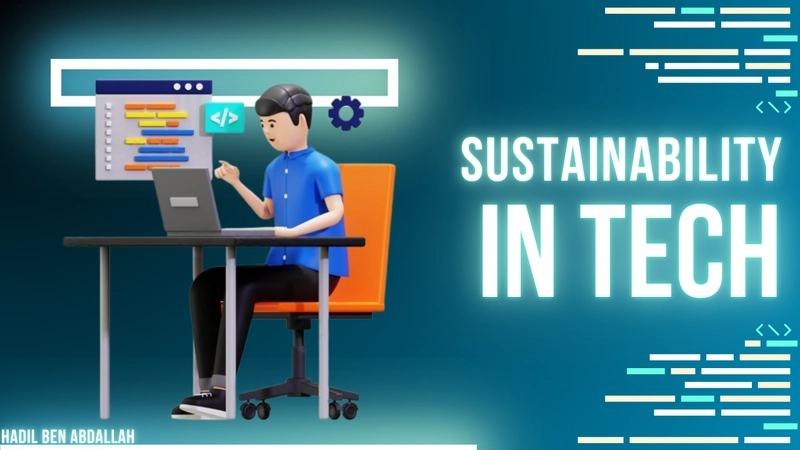


Top comments (21)
I think not every developer should have all those skills. People should become experts in a few things, but have a generalist view.
I believe a full stack developer that is an expert in all the fields is a unicorn. That is why people branch off in frontend, backend and ops groups. And even in those groups there are subgroups.
The two skills I would not put on the list are blockchain/web3 and sustainability.
I never seen a blockchain/web3 application that can't be done another way, so for me that technology is dead in the water. The only noticeable uses of blockchain are memecoins, and that is not a good thing.
In the age where serverfarms are popping up like big chain stores can you really talk about sustainability with a straight face? They are a symptom of the greed for data to analyse and transform by people who think it is beneficial to them. And those people are most of the time not developers.
Thank you for sharing your perspective, it's a valid point and an important one to consider. 🌱
You're absolutely right that no developer can (or should) master every single skill out there. The list I wrote wasn't meant to suggest that one person should excel in all 15 areas at once, rather, it’s a compass for growth depending on one's interest, role, and the direction tech is heading in 2025. It’s more about awareness and versatility than mastery in everything.
On blockchain/Web3, I get where you're coming from. There’s a lot of hype and noise in that space, especially with crypto-related speculation. But beyond memecoins, there are interesting use cases like decentralized identity, smart contracts in real estate, and transparent supply chain systems. While not mainstream yet, understanding these can still give developers a competitive edge in certain industries.
As for sustainability, you're also touching on a very real contradiction, tech’s massive data centers do raise environmental concerns. But I included it because I believe developers can play a part in reducing the carbon footprint through better coding practices, more efficient algorithms, and conscious architectural choices. It’s not a silver bullet, but it’s a conversation worth keeping alive.
And I totally agree with your take on specialization. We need T-shaped developers, those with deep expertise in a few areas, and general knowledge across others to collaborate effectively. That’s really the spirit behind the article: to help developers see what’s possible and pick the paths that resonate most.
Thanks again for engaging, it’s this kind of thoughtful dialogue that actually pushes the conversation forward.
I agree decentralisation is a good thing, but that is not tied to blockchain or web3.
The biggest problem with decentralisation is that it is not usable in a situation where the data needs to be correct at all times. There will be cases where decentralisation is the best solution, but i think it is a niche market.
Smart contracts and transparency are things that can, and are, solved in other ways.
I agree using efficient algorithms does help, on the other hand I would not say the main goal is sustainability. Most of the time it is for cost cutting.
Code practices and architecture are mainly focused to create the most understandable code possible for the problems that it solves or the features that it creates. The most understandable code is not always the most efficient code.
While I agree we can all help by doing little things, the bigger things should be addressed as well.
Great content, every skill mentioned is spot-on for what’s coming in 2025. One thing I’d add for Python developers specifically: mastering performance tools like
functools.lru_cachecan make a huge impact in real-world apps, especially when working with data-intensive or recursive tasks.Also, if you’re scaling a team or building complex systems, it’s smart to hire remote programmers who are already fluent in these skills and best practices. Future-proofing starts with having the right people on board.
Thank you so much for the thoughtful insight! 🙌
You're absolutely right, performance optimization tools like
functools.lru_cacheare game-changers, especially for data-heavy and recursive operations in Python. It’s often these “behind-the-scenes” tools that make a massive difference in real-world applications.And yes, I couldn’t agree more about the importance of building teams that are not only skilled but forward-thinking. Hiring remote programmers who already embrace these best practices is a powerful way to scale efficiently and sustainably in 2025 and beyond.
Appreciate you adding such valuable depth to the conversation! 🚀💡
I recently learned about
lru_cachein python. Thank you for taking time to sharing this. 🙂You're welcome 🙏🏻🙏🏻
WOW ....!
An incredible article that illustrates the future of software engineering!
Skills like continuous learning and a focus on sustainability are essential not only for career success but also for making a positive impact on the world. Thanks for this comprehensive and forward-thinking perspective...!
Thank you so much for your kind words and energy! 🙏🏻
I'm really glad the article resonated with you. You're absolutely right, continuous learning and sustainability go beyond career goals, they shape the kind of future we want to build, both in tech and beyond.
It’s amazing to see more people recognizing the importance of growth with purpose.
I can tell that you've put a lot of time and effort into writing this very thorough article. Great job!
Although I generally agree with your point - learning more than one language can be a massive advantage depending on which field and industry you work in/aspire to break into - but, I am a bit surprised about a few of your suggestions.
Let's start with blockchain. Despite the fact that it has been used since the 1970s, the past few years it has slowly faded away and been replaced by other technologies. You are most likely to find it in rare legacy code today and from what I can see and from what I hear it's not coming back anytime soon.
So, what about web3? Well... web3 was pretty much dead on arrival and has since long been discarded to the tech dumpster fire. Thankfully.
Lastly, I'd like to just mention AI. I do think you are right in bringing it up because it's undeniably a big hype around it at the moment. However, I do suspect this hype to die down soon and I even think that it will fade away eventually as well. Especially generative AI. But I can still see the value in getting to know it a little bit at least.
Thank you so much for your kind words and for taking the time to share such a well-articulated perspective. I really appreciate it! 🙏
You brought up some very valid points, and I completely agree that not every technology listed will apply equally across all industries or even stand the test of time in the same way.
Regarding blockchain and Web3, I hear you, the hype wave has definitely cooled, and in many sectors, it hasn’t lived up to the original promises. That said, I think while it may not be a universal "must-have" anymore, niche areas like decentralized finance (DeFi), supply chain, and digital identity still show pockets of real innovation. But I totally get your point, its relevance is definitely more specialized now.
As for AI, you're spot on, the hype around generative AI is massive, and like all hype cycles, it’s likely to cool off. But I think the underlying machine learning principles (even beyond GenAI) are going to continue integrating into backend systems, automation workflows, and analytics pipelines. Maybe not as loud and flashy, but still useful in a more grounded, problem-solving kind of way.
Ultimately, the list is more of a toolkit than a checklist, not everything will be equally useful to everyone, and tech trends shift fast. I really value your critical take because it helps create a more nuanced conversation, which is what the community really needs. 🙌
Thanks again for engaging so thoughtfully! Would love to hear more of your thoughts on what you see as truly future-proof skills.
now I know nuttin
Haha 😄 We’ve all been there! The more we learn, the more we realize how much more there is to explore, it's part of the magic of being in tech!
You know more than you think, and every step forward counts.
Cheers man, needed to these wise words
🙏🏻🙏🏻🙏🏻
So basically you are asking software engineer to become one man army?
Great question and a totally fair concern!
The article isn’t meant to suggest that every software engineer must master all 15 skills at once or become a one-person tech army. The real intent is to highlight the evolving landscape of software engineering and the kinds of skills that are increasingly valuable across different roles.
Think of this list more like a menu than a checklist. Depending on your specialization, backend, frontend, DevOps, AI, mobile, etc. Different skills will be more relevant to you. The goal is to encourage awareness and adaptability, not to overload anyone with unrealistic expectations.
In 2025, versatility and the ability to collaborate across domains are becoming real career boosters. You don’t have to be an expert in everything, but being curious, open to learning, and familiar with how different pieces of the tech puzzle fit together can make you a more effective teammate and engineer.
Thanks for reading and for sparking a great conversation!
Wow 😍
This is an amazing article 👏
Thank you so much for sharing such a valuable content ❤
Thank you so much 🙏🏻
I'm so glad you like it ❤❤
Great content, I love this kind of content <3, Keep up your work.
Thank you so much for your support 🙏🏻
Some comments may only be visible to logged-in visitors. Sign in to view all comments.